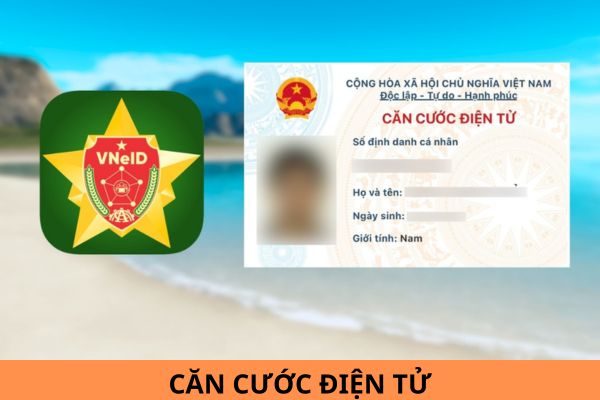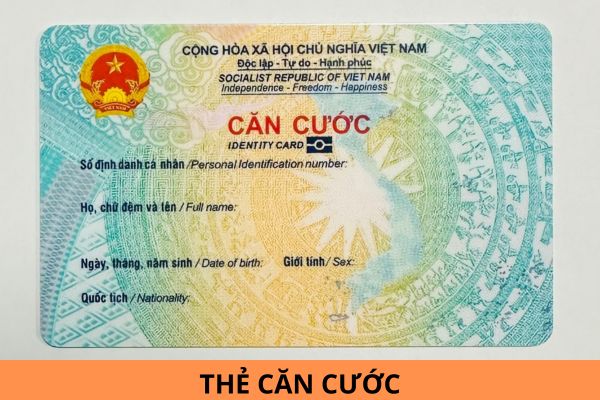Can a 16-year-old person pledge gold by themselves in Vietnam? What are penalties for pledging someone else's property in Vietnam?
Can a 16-year-old person pledge gold by themselves in Vietnam? What are penalties for pledging someone else's property in Vietnam? If my friend borrows my car and pledges it, what will be handled for him in Vietnam?
Can a 16-year-old person pledge gold by themselves in Vietnam?
Question: I am 16 years old this year. Because of Tet, I had lucky money and saved up, my mother took me to buy gold and used the money I had saved to buy it. However, recently I've been short of living expenses so I wanted to pledge this gold ring. So, can you please advise me if I can pledge the gold myself?
Reply:
Pursuant to the provisions of Clause 4, Article 21 of the 2015 Civil Code:
4. Each person who is from fifteen to under eighteen years of age is entitled to enter in and perform civil transactions by himself/herself, except for civil transactions related to real estate, movables required registration and other civil transactions as prescribed by law that are subject to the consent of his/her legal representative.
At the same time, Clause 3, Article 73 of the 2014 Law on Marriage and Family stipulates:
3. Transactions related to real estate or movable assets with registered ownership or use rights or property used for business activities of minor children or adult children who have lost their civil act capacity must obtain their parents’ consent.
Comparing with your case, this year you are 16 years old, determined to be a minor, have your own property which is gold and want to mortgage this property. According to current regulations in Vietnam, gold is not an asset that requires ownership and use registration.
In addition, the specific legal provisions on mortgage transactions from Article 309 to Article 316 of the 2015 Civil Code also do not have any special provisions for the case of pledging property of minors in this case.
Therefore, you can completely bring your own gold to make a mortgage transaction without your parents' consent.

Can a 16-year-old person pledge gold by themselves in Vietnam? What are penalties for pledging someone else's property in Vietnam? (Image from the Internet)
What are penalties for pledging someone else's property in Vietnam?
Question: Can I ask if the property is in my name, owned by me, but my father pawned it without my consent and legal documents? Is that considered a violation of the law? And if I sue my father, how will he be punished?
Reply:
Article 309 of the 2015 Civil Code regulates Pledge of property as follows:
Pledge of property means the delivery by one party (hereinafter referred to as the pledgor) of property under its ownership to another party (hereinafter referred to as the pledgee) as security for the performance of an obligation.
According to this regulation in Vietnam, a mortgage transaction arises when the pledgor hands over the property under his/her ownership to the pledgee to ensure the performance of the obligation.
Therefore, only you have the right to mortgage your property or authorize someone else to pledge it.
Thus, your father pledging your property without your consent and without legal documents is a violation of the law in Vietnam.
Point e Clause 2 Article 11 Decree 167/2013/ND-CP has the following provisions:
2. A fine of between VND 2,000,000 and 5,000,000 shall be imposed for one of the acts as follows:
e) Getting a mortgage of assets which belong to another person without his/her legal power-of-attorney handed over to the person who brings the assets for mortgage;
Thus, your father's behavior will be fined from 2,000,000 VND to 5,000,000 VND in Vietnam.
If my friend borrows my car and pledges it, what will be handled for him in Vietnam?
Question: Hello lawyer. I have a problem that I hope a lawyer can answer. At the beginning of the year, I lent a friend a Ford car for a period of 1 month, with a handwritten contract. But it's been 6 months now but my friend hasn't returned my car. So can I sue my friend? Thank you.
Reply:
According to the provisions of Article 496 of the 2015 Civil Code, regulations on the obligation of borrowers of property, accordingly:
1. Take care of and preserve the borrowed property and not to change the condition thereof at the volition of the borrower. The borrower must repair any normal damage to the property.
2. Do not on-lend the property to any other person without the consent of the lender.
3. Return the borrowed property on the due date. If there is no agreement on the time for returning the property, the borrower must return the property immediately after the purpose of the borrowing has been achieved.
4. Compensate for damage where the borrower causes damage to or loss of the borrowed property.
5. The borrower must bear the risk in relation to the borrowed property during the period of late return.
In case the borrower violates the obligation to return the property according to the agreement in Vietnam, you can sue the District People's Court where the borrower resides to request a settlement to force them to return the property.
Best regards!










